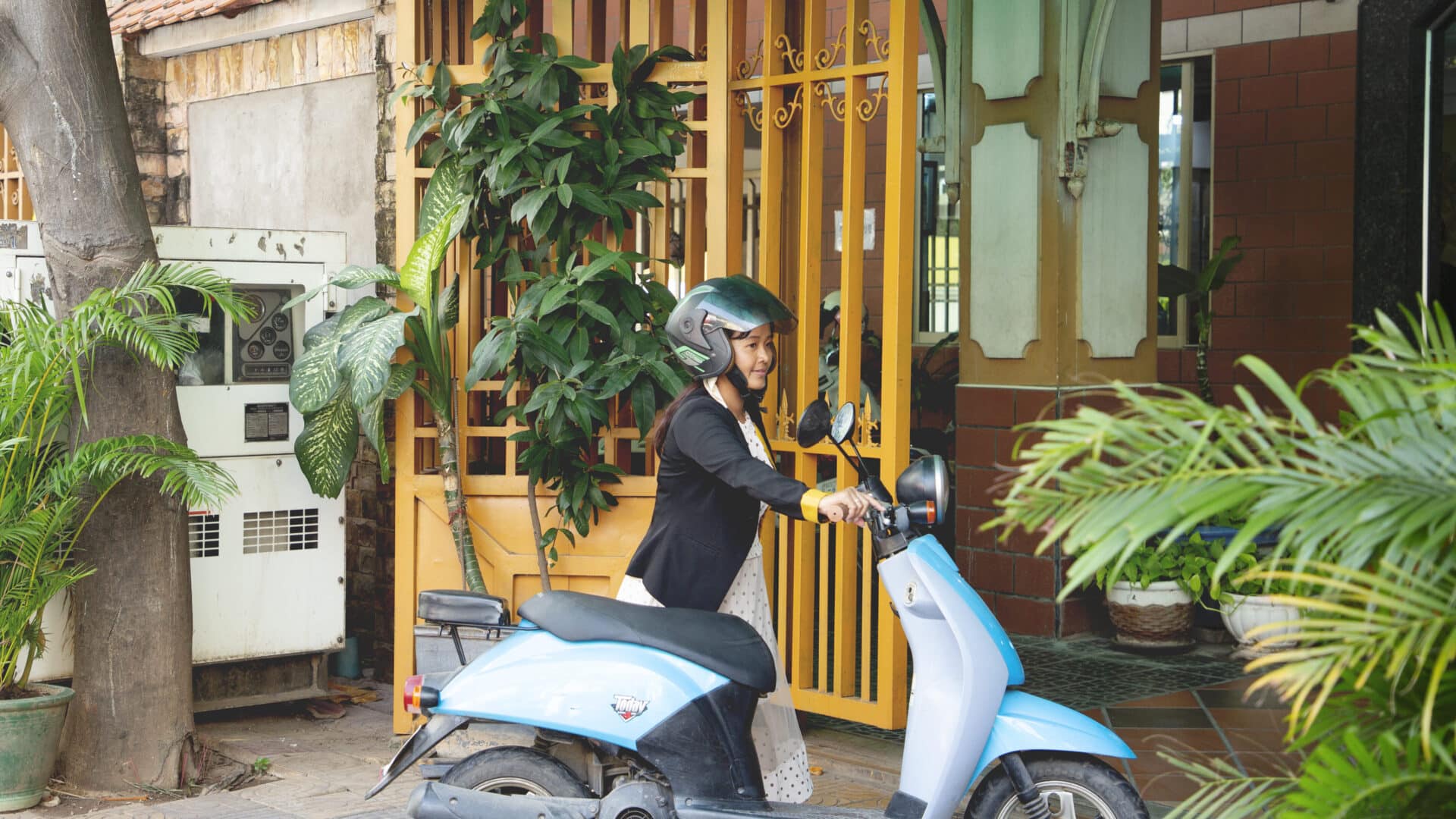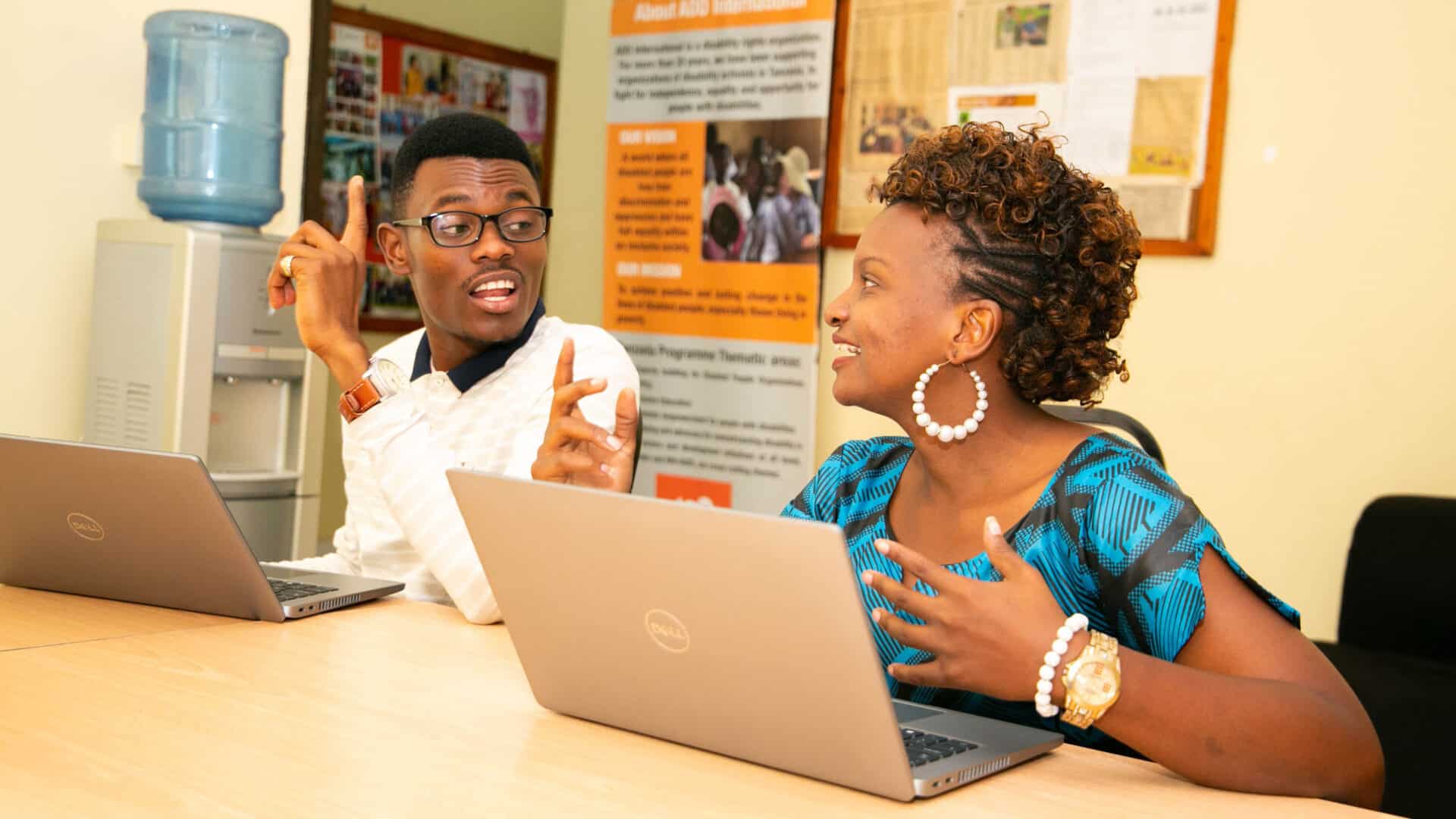Despite affecting millions of people worldwide, mental health is still a taboo subject.
In Bangladesh, the lack of information and mental health practitioners leads people to seek help from traditional healers, with damaging and potentially fatal consequences.
Bangladesh has a population of 160 million people, but only 50 clinical psychologists and 200 psychiatrists. That’s 800,00 people for every one mental health specialist. With such scarce infrastructure, clinics or services to access for support, it can be difficult to know who to turn to. In this void of information, dangerous myths spread quickly. Myths about evil spirits; about people with a mental illness being possessed by the devil.
In Bangladesh, it is estimated that between 15%-35% of the population have a mental health problem. The prevalence of mental health challenges demands more attention and intervention.
With support from Comic Relief we are delivering a four-year community-based mental health project focused on children and young people. We are working with disability rights activists to challenge mental health stigma, negative stereotypes, and discrimination.

Stigma in Bangladesh towards people with a mental health condition can be oppressive. We are working to raise community awareness and undertake national advocacy to help improve access to services.
Shafiqul, ADD International Bangladesh.
The journey so far.
So far we have conducted three important pieces of research:
1. Needs Assessment. This project focuses on three regions in Bangladesh. Our ‘Needs Assessment’ study helped us better understand the mental health challenges of people.
2. Baseline Study. The aim of this baseline survey is to understand the current mental health provision in the project locations and people’s understandings and perceptions of mental health issues.
3. Understanding Stigma. This study was conducted to better understand mental health stigma and barriers to accessing treatment.
Our Impact.
1. Community Awareness
More than 80 community awareness events have been conducted by self-help groups to reduce stigma and negative stereotyping of mental health. Nearly 2,000 people have participated in these community events, broadening their understanding of mental health issues.
2. Diagnosis and Support
We organised a mental health camp where 682 people with mental health challenges were diagnosed and received services.
We have also helped hold three training sessions on psychosocial counselling and visited 24 homes to hold family dialogue sessions. Additionally, five events to orientate community leaders in these issues have also been hosted.
3. Policy Change
The project has built a strong foundation in advocacy, which has led to government agreeing to discuss progress in implementing mental health laws, policies, and plans.
The Mental Health Directory.
Accessing mental health services is a big challenge, so through this project the team have developed a mental health directory, which includes updated information about the available services on mental health and psychosocial issues in Bangladesh.
This directory includes type of service, contact details, and cost of the services, which will help a service seeker get the right information. This is the only mental health service directory of its kind in Bangladesh.
View the Bangladesh Mental Health Service Directory.
find out more

asia
Find out more about our work in Asia.

latest
Read our latest news.

